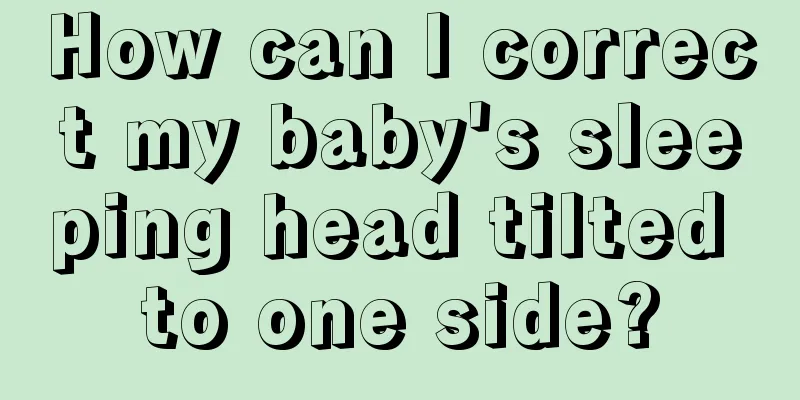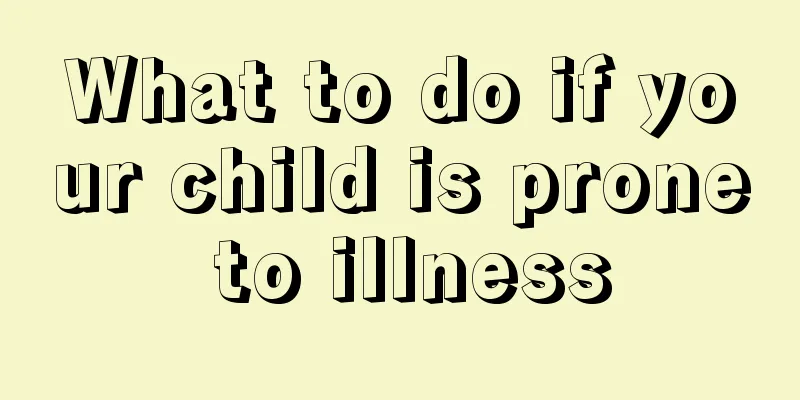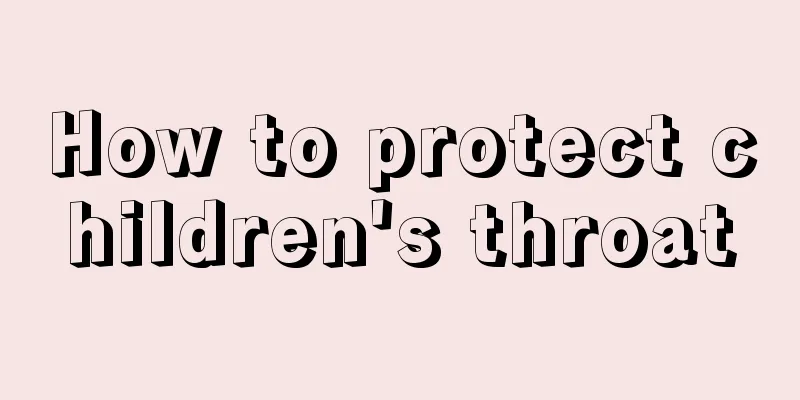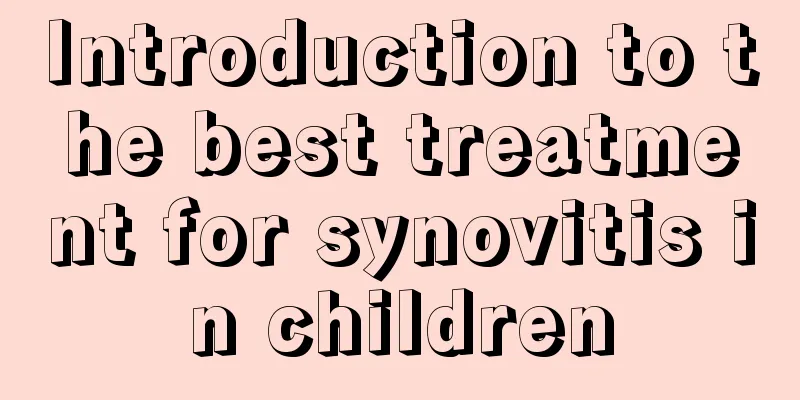Why do children have big bellies?

|
Many children have big bellies, which seriously threatens their physical health. Therefore, once a child has this problem, it is necessary to pay attention to timely examination and treatment to ensure physical health and avoid the patient suffering from the disease affecting the child's health. So why do children have big bellies? Let me introduce this issue to you below. In fact, most babies' bellies are normal. They are neither bloated nor a strange disease. Instead, they are caused by the physiological characteristics of babies. The abdominal muscles of babies are not fully developed, the abdominal wall is relatively loose, and the abdomen is often deformed by the contents of the gastrointestinal tract. After eating, the abdomen is relatively bulging; when hungry or just after defecation, the abdomen is slightly flat. In general, as long as the baby is well fed and growing and developing normally, parents do not need to worry too much about a big belly. As the baby grows older, the abdominal muscles continue to develop, and the baby's belly will gradually become flatter. First, you should observe whether the baby's feeding, sleeping, defecation, mental state, growth and development are normal. If not, it indicates that the baby may be in a disease state and should be taken to the hospital for a detailed examination. Secondly, pay attention to whether the baby has symptoms such as fever, cough, diarrhea, etc., because whether it is a digestive tract infection or a respiratory tract infection, it can cause the baby's belly to be larger than usual. In addition, rickets can cause rib eversion, loose abdominal wall muscles, and protrusion of abdominal organs, resulting in a large belly. Children's abdomen is generally larger than their chest. This is related to the child's chest development and body shape. It will generally look better after the age of 3. You can look at the children around you and see that their abdomen is higher than their chest, which is normal. Abnormal abdominal distension is usually accompanied by other symptoms, such as poor appetite, poor mental state, crying, abnormal abdominal distension, obvious blood vessels on the surface, abnormal skin and skin color, etc. You should consider going to the hospital. The above is my opinion on this issue that I would like to introduce to you. If the child has the above problems, it is necessary to pay attention to taking appropriate treatment methods and examinations in time, so as to ensure the child’s physical health and avoid worsening of the disease. Finally, I wish the child a speedy recovery. |
<<: Introduction to brain development and risk factors during childhood
Recommend
Will children have dark blue stools after taking anti-inflammatory drugs?
After a baby is born, it is common for him to get...
How to prevent children from inheriting freckles?
Various spots can appear on the human body, inclu...
The child has a fever and his pulse is beating fast
It is very common for children to get sick in the...
What should I do if my child's hair is falling out?
People will lose some hair when combing their hai...
What should I apply to my baby's skin when it's scratched?
Because babies are very curious about the outside...
What are the signs of good intellectual development in a three-year-old baby?
Teachers once said that there are no stupid peopl...
Tips on how to deal with yellow teeth in children
Children's yellow teeth make many parents par...
What is the reason why children have poor memory?
Children generally have the best memory among the...
Is it normal for a 4 month old baby to stick out his tongue?
The physical growth of a newborn baby is of great...
Congenital missing permanent teeth
Teeth are an organ that the human body uses to ch...
What should not be eaten for precocious puberty
Not all foods are suitable for children to eat. P...
What causes children to sweat while sleeping?
Children often sweat when sleeping at night, but ...
Symptoms of appendicitis in babies
When it comes to appendicitis, most people are fa...
What is the reason for a two-year-old baby to have a fever and convulsions?
Families are most worried about their children ha...
What are the porridges for children that strengthen the spleen and stomach and aid digestion?
Children's spleen and stomach functions are r...









